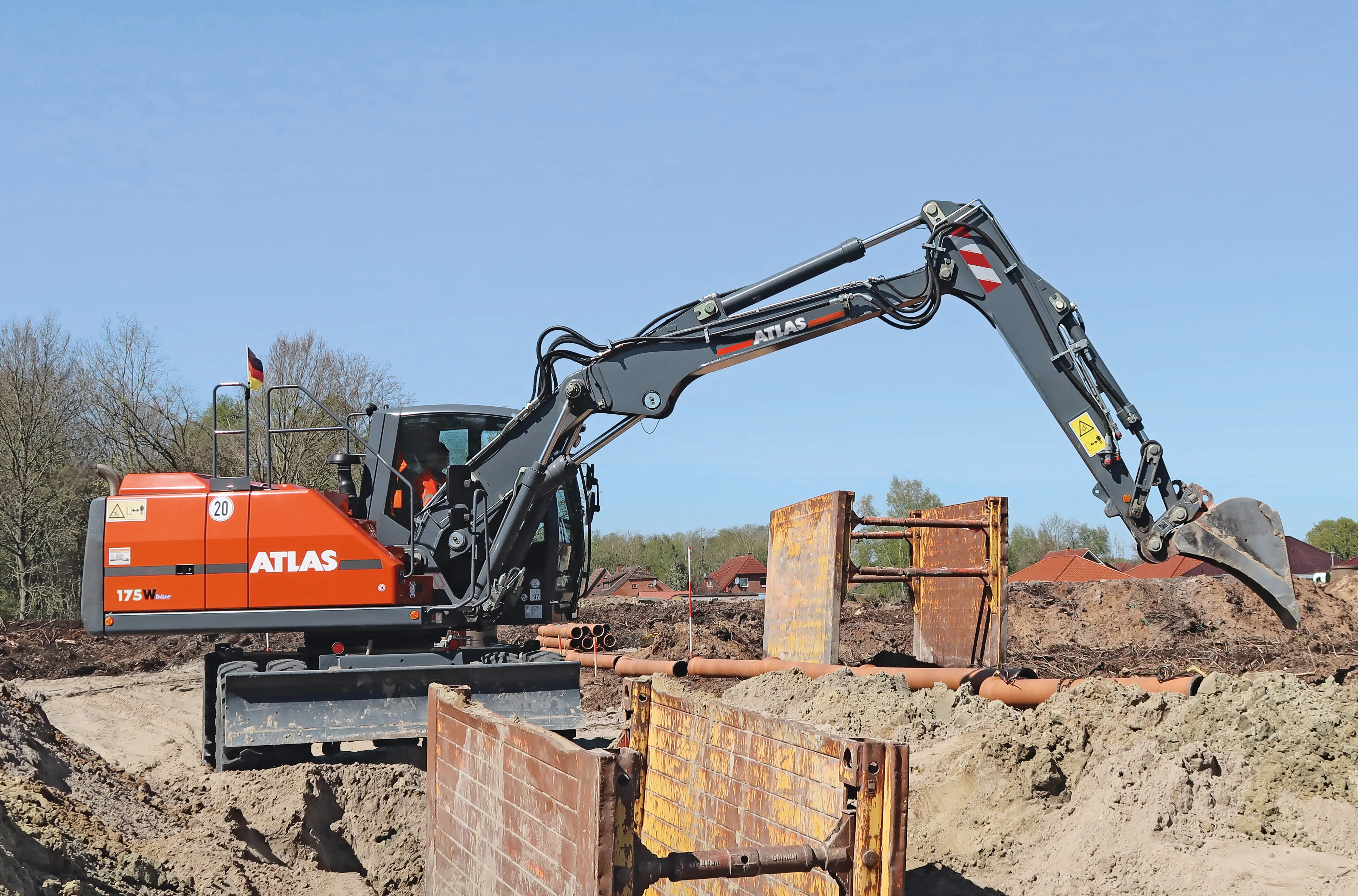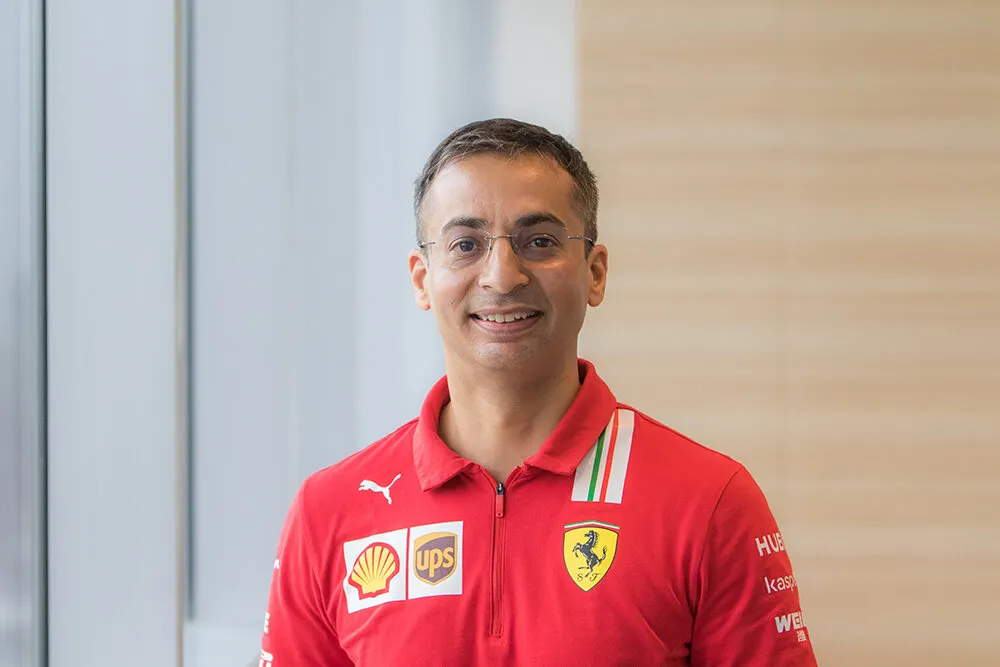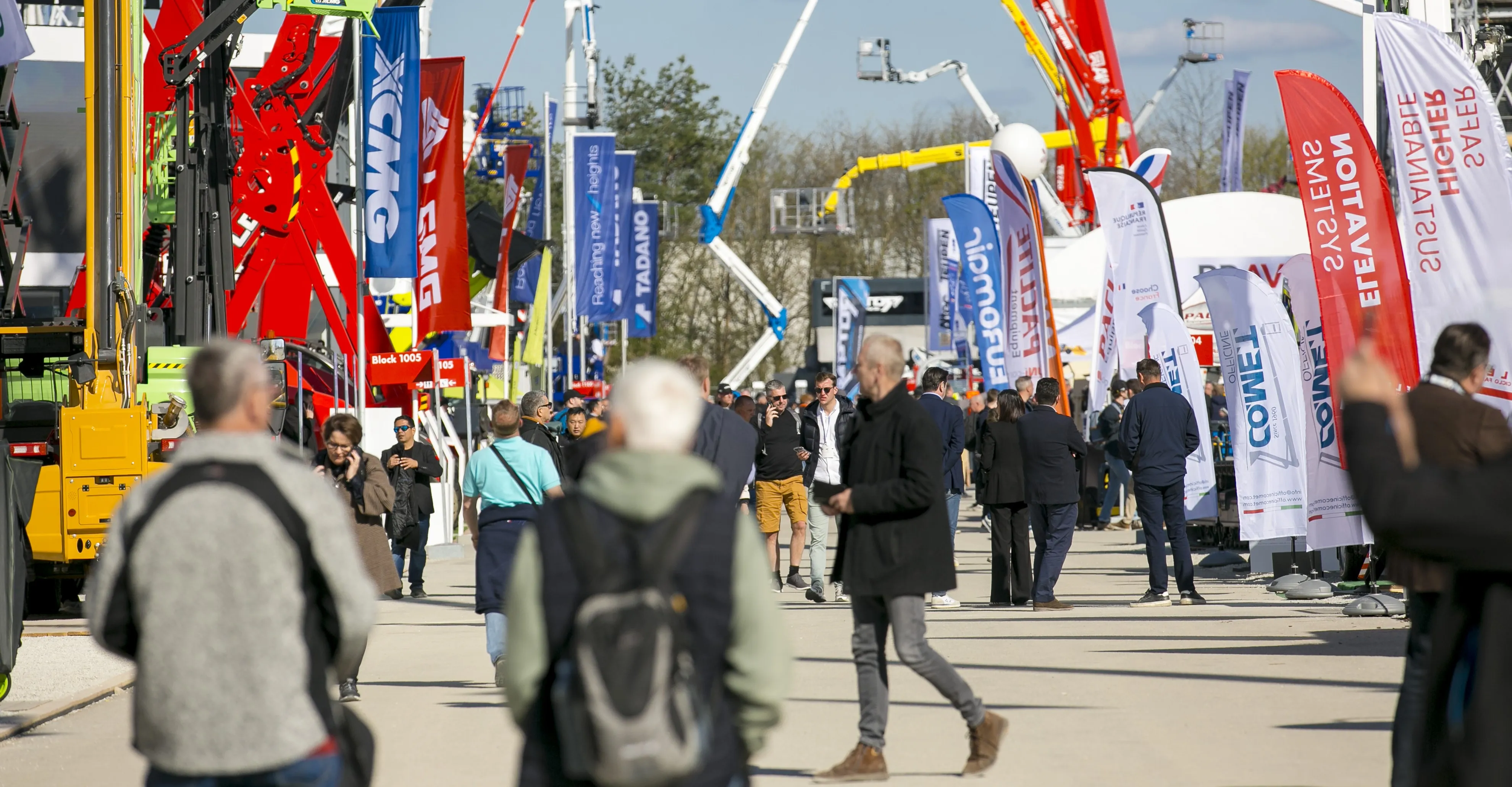
The industry bodies CECE and CEMA are releasing a joint statement on the role of construction and agricultural machinery in decarbonising Europe. CECE is the association for construction machinery manufacturers in Europe, while CEMA has that role for makers of agricultural machines.
The two bodies say that construction and agriculture are key European industries that rely on machinery from roads to hospitals and to provide food for the population. The evolution of that machinery and the way in which it is used will consequently contribute to decarbonising Europe, but there is no single technical solution that will be effective in all cases. On the contrary, when developing policy, it is essential to follow the principle of technology neutrality and consider the unique characteristics of the construction and agricultural sectors. For construction and agricultural machinery manufacturers the key for success in decarbonisation is a stable, long-term, globally aligned framework that enables continued evolution of machinery and the way in which it is used to fulfil the needs of end-users.
In the case of the automotive sector, the Draghi report highlighted that, to the detriment of competitiveness, the technological neutrality principle – a guiding principle of the EU legislation – has not always been applied. The EU Competitiveness Compass subsequently confirmed the need to include a broader range of technologies than simply focusing on electrification. This is even more important for construction and agricultural machinery. Technology neutrality in relation to the off-road machinery industry requires a broader perspective. This involves going beyond tailpipe emissions to include an assessment of the balance between captured and emitted CO₂, particularly in relation to renewable fuels, the so called ‘Well to Wheel’ principle. Various alternative technical solutions exist, each with unique benefits and challenges. Furthermore, the emissions resulting from machinery are comparatively low in relation to those of the finished goods whose production they enable and should therefore be evaluated within a broader context.
End-users in agriculture and construction are professional business customers who are already incentivised through the existing legislation. Policies such as emission ETS2 (emission trading system), CSRD (corporate sustainability reporting), and ETD (energy taxation directive) already lead end-users away from fossil fuels. However, they face significant challenges to reduce CO2 related to costs, logistics, and infrastructure.
Machinery manufacturers act as technology providers, enabling end-users to identify and apply the most suitable solutions for their specific needs. Various technical options already exist, including market-ready machines running on alternative fuels. Decarbonising remains challenging, with limited short-term electrification options.








